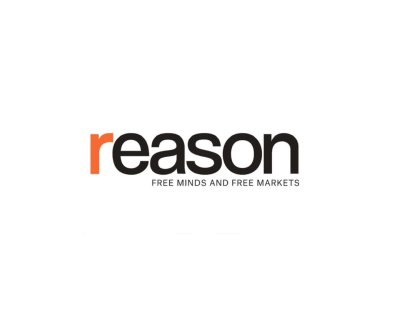Reclaiming Sovereignty
The issue of sovereignty had been a hotly debated topic among the Revolutionary-era colonists. In The Ideological Origins of the American Revolution historian Bernard Bailyn says that in “The last analysis it was over this issue that the Revolution was fought.” Thomas Hobbes, writing in the mid-seventeenth century, Bailyn continues, argued that the only requirement of a sovereign was the capacity to compel obedience, which didn’t necessarily mean the king.
Final, unqualified, indivisible power was . . . only one part of the notion of sovereignty as it was understood by Englishmen on the eve of the American Revolution. The other concerns its location. Who, or what body, was to hold such powers?
Im John Locke’s Second Treatise on Government he said man’s natural liberty was to be free from any power other than the laws of nature, but when people associate with one another, this changes slightly: “The liberty of man, in society, is to be under no other legislative power, but that established, by consent.”
When Thomas Jefferson reluctantly undertook the task of writing the Declaration of Independence in 1776, in addition to a list of indictments against the King, his rough draft included thoughts acknowledging what was required for people to get along peacefully:
We hold these truths to be sacred & undeniable; that all men are created equal & independant, that from that equal creation they derive rights inherent & inalienable, among which are the preservation of life, & liberty, & the pursuit of happiness; that to secure these ends, governments are instituted among men, deriving their just powers from the consent of the governed . . .
Notwithstanding the issue of slavery, Lockean natural rights dominated intellectual discourse in the colonies, and Jefferson stayed the course in his draft and revisions.
In his absorbing work Patriots, A. J. Langguth tells us, “The ideas [Jefferson] would be including had been in the air for many years, and he knew the arguments so well that he didn’t need books or pamphlets in front of him as he wrote. . . ” Jefferson had a list of essential books that in addition to those by Locke included Thomas Reid’s Inquiry into the Human Mind, in which he argued that moral truths could be reached through reason or presented as self-evident “to every man of understanding and morality.” Thus, in revising his draft, Jefferson
struck out “sacred and undeniable” and wrote in “self evident.” He continued through his draft, paring words away to make his language bolder.
Government was to be established “by consent” of the governed. “By consent” — did this answer the question of sovereignty? Did Amer
Article from LewRockwell

LewRockwell.com is a libertarian website that publishes articles, essays, and blog posts advocating for minimal government, free markets, and individual liberty. The site was founded by Lew Rockwell, an American libertarian political commentator, activist, and former congressional staffer. The website often features content that is critical of mainstream politics, state intervention, and foreign policy, among other topics. It is a platform frequently used to disseminate Austrian economics, a school of economic thought that is popular among some libertarians.



